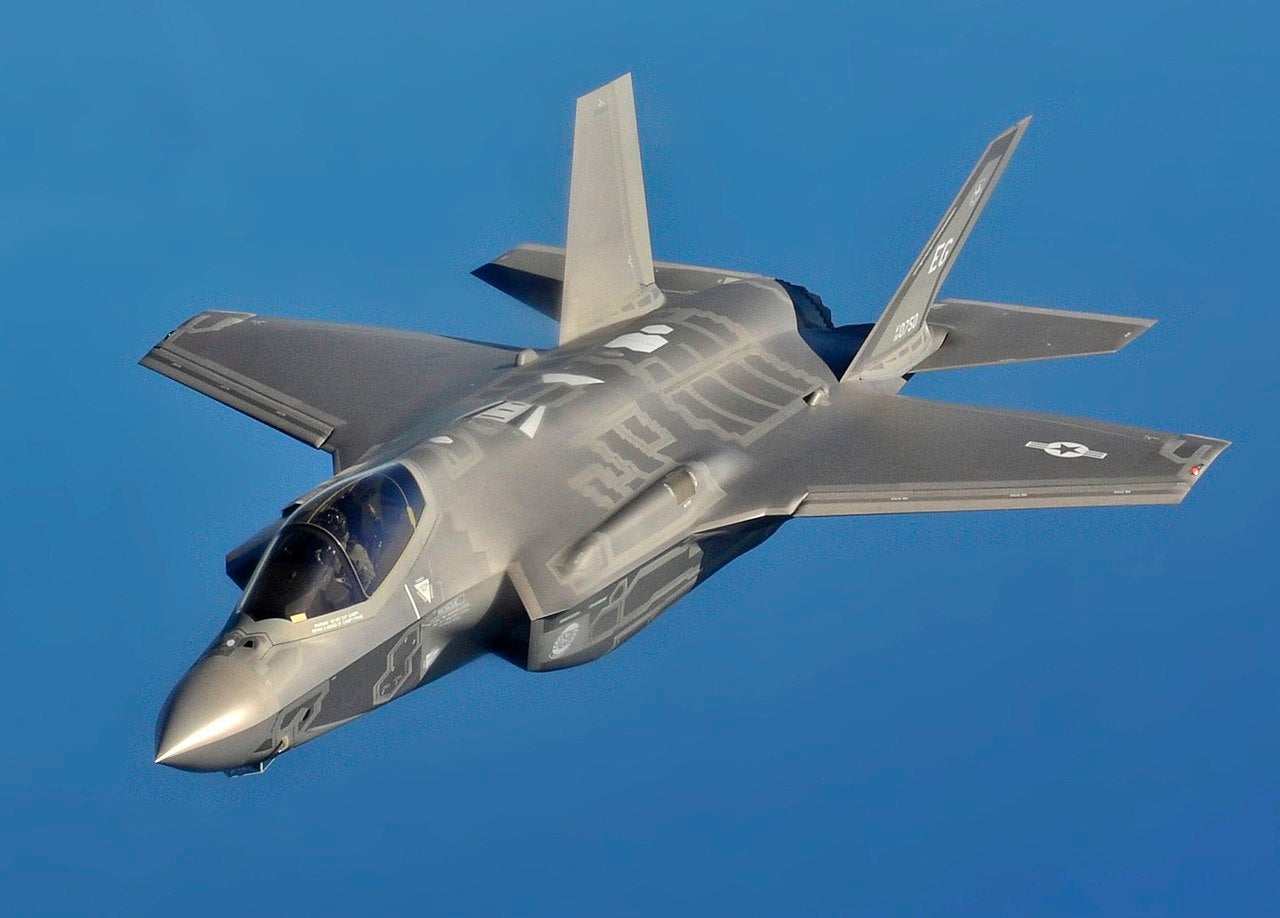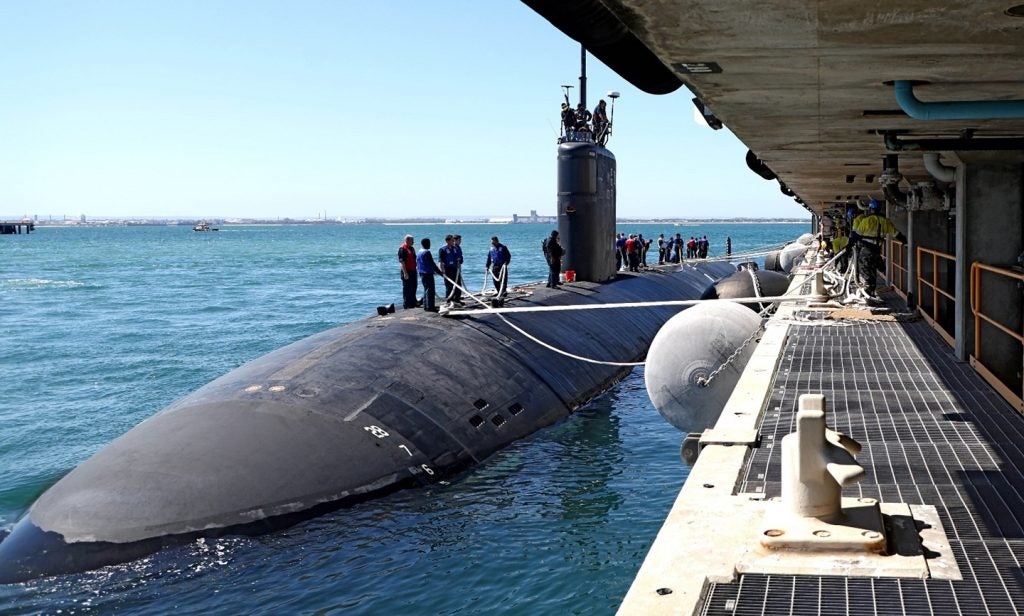
The proposed sale would make the UAE the second country in the Middle East after Israel to operate the Lockheed Martin stealth fighter, prompting concerns from some parties about how the sale would threaten Israel’s qualitative military edge (QME).
Israel has to date ordered 50 F-35s, the same number of fighters as the White House is proposing would be sold to the UAE. Israel could increase its fleet to 75 jets in future.
Last week, Israel seemingly dropped earlier objections to the sale of the F-35s to the UAE, following a deal to bolster its military capabilities.
Any deal to sell the jets must win the approval of Congress, where the sale could face stiff opposition. Discussion around the sale has stepped up in recent months following a deal to normalise relations between the UAE and Israel.
Chairman of the House Committee on Foreign Affairs Representative Eliot L. Engel said that the sale ‘would significantly change the military balance in the Gulf and affect Israel’s military edge’ adding that rushing approval of the deal was ‘not in anyone’s interest’.
QME is a US foreign policy enshrined in law that commits the US to help maintain Israel’s military superiority over its neighbours in the Middle East.
How well do you really know your competitors?
Access the most comprehensive Company Profiles on the market, powered by GlobalData. Save hours of research. Gain competitive edge.

Thank you!
Your download email will arrive shortly
Not ready to buy yet? Download a free sample
We are confident about the unique quality of our Company Profiles. However, we want you to make the most beneficial decision for your business, so we offer a free sample that you can download by submitting the below form
By GlobalDataEngel added: “My consideration of this sale will include several factors. First, we must maintain Israel’s qualitative military edge, as provided in U.S. law, and ensure Israel’s military superiority in the region, as Israel remains our most crucial ally there.
“Israel currently has exclusive access in the region to the F-35, which has guaranteed its military edge over the last several years. As Congress reviews this sale, it must be clear that changes to the status quo will not put Israel’s military advantage at risk.”
The lawmaker added that with increased activity from Russia and China in the Middle East meant that Congress would need ‘unimpeachable assurances’ that the fighter’s advanced technologies would be safeguarded.
Engel added that a sale to the UAE would ‘inevitably’ generate demand for the jet from other neighbouring countries. In October, Qatar made a formal request to purchase the F-35.
The news comes as yesterday US Defense Secretary Mark Esper met with Israeli Prime Minister Benjamin Netanyahu and alternate Prime Minister and Defence Minister Benny Gantz in Tel Aviv. During the meetings, the trio discussed the maintenance of Israel’s qualitative military edge. Israel is reportedly interested in acquiring Bell’s V-22 Osprey.
In a statement, Gantz said: “As the Minister of Defense of the State of Israel, I tell you tonight, the United States continues to be committed to Israel’s security and its qualitative and technological advantage in the Middle East.
“In my meetings with senior members of the US administration, headed by Secretary of Defense Esper, we took care to ensure Israel’s security for decades to come and to continue strengthening it.”
Senate Foreign Relations Committee Ranking Member Senator Bob Menendez said: “As feared, the details of this proposed sale suggest President Trump is seeking to rush through an increase of complex weapons systems into a volatile region seemingly without serious consideration of U.S. interests or the legal parameters of Israel’s Qualitative Military Edge.
“Claiming Israel will maintain its edge while offering Abu Dhabi the same number of these sophisticated stealth warplanes as Israel simply does not add up. Recklessly accelerating the timeline around a reportedly artificial deadline precludes sufficient consideration of these issues by the national security professionals in the Departments of State and Defense.”
Menendez added: “Congress has statutory authority over foreign arms sales and our responsibilities will not be relinquished. The American public has a right to insist that the sales of U.S. weapons to foreign governments – especially those of this magnitude and lethality – are consistent with U.S. values, our national security objectives, and the safety of our closest allies.
“The Trump administration’s refusal to answer our questions about how the national security interests of both the U.S. and Israel will be served, or undermined, by such a sale is a sure-fire way not to get Congressional support to move forward with this sale.”
The proposed sale could be affected by next week’s Presidential election, with challenger Vice President Joe Biden’s campaign expressing concern about the mooted deal.
Anthony Blinken, a Foreign Policy Advisor to Biden and former Obama-era official, was reported by the Jerusalem Post as saying that he had ‘concerns’ about what commitments the US government may have made to the UAE.
On the flipside, incumbent President Donald Trump has said he has no objections to the possible sale. In August, during a press conference, US President Donald Trump said: “They would like to order quite a few F-35s; it’s the greatest fighter jet in the world, as you know, by far. Stealth. Totally stealth.”
Discussing the possible sale, Trump said that the UAE has ‘definitely got the money’ to afford the advanced fighter, adding: “They’d like to buy F-35s; we’ll see what happens. It’s under review, but they made a great — a great advance in peace in the Middle East.”






